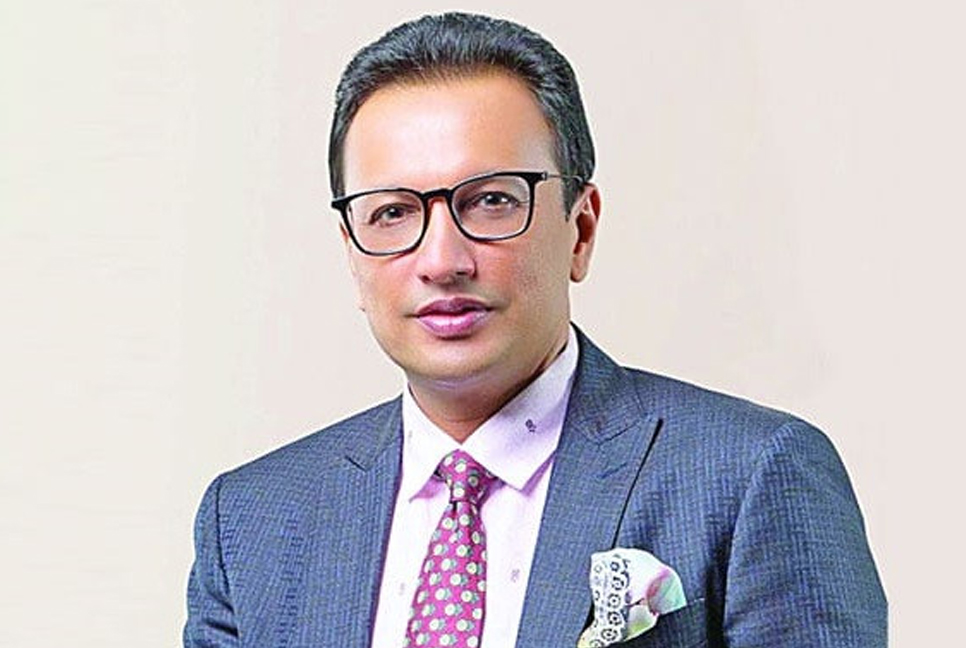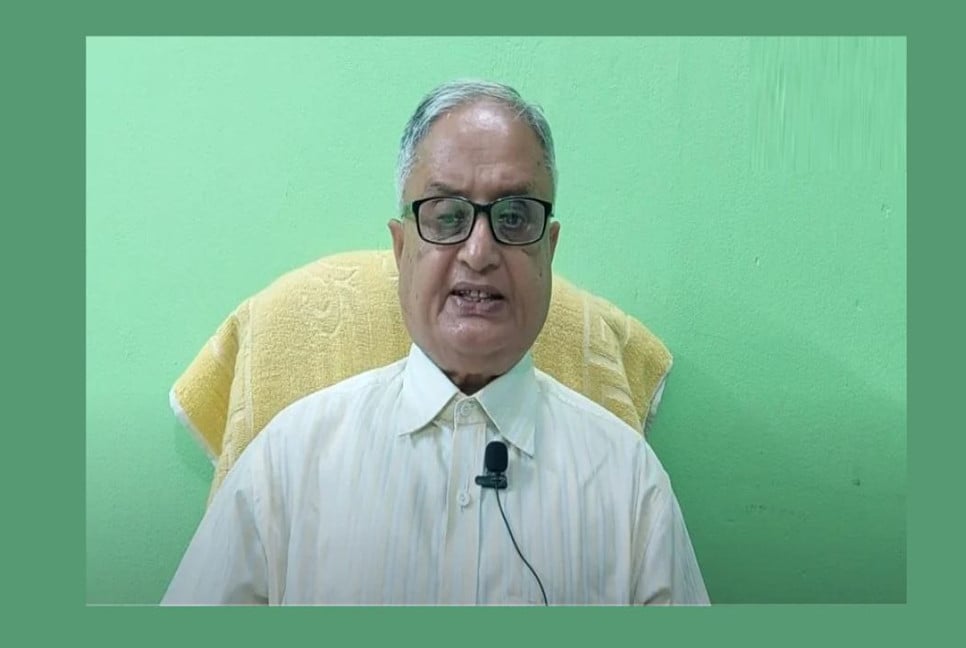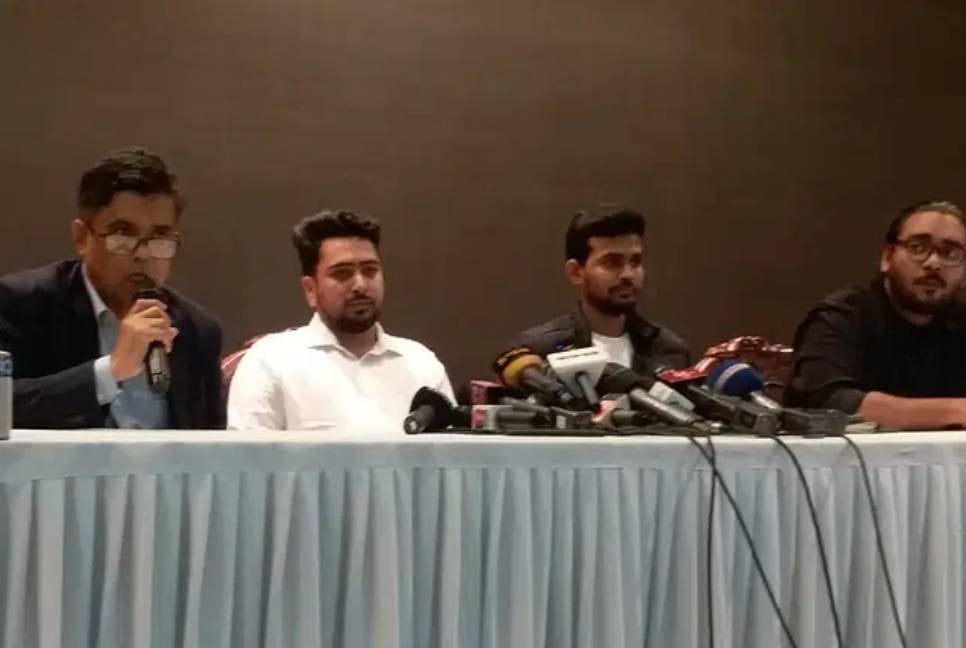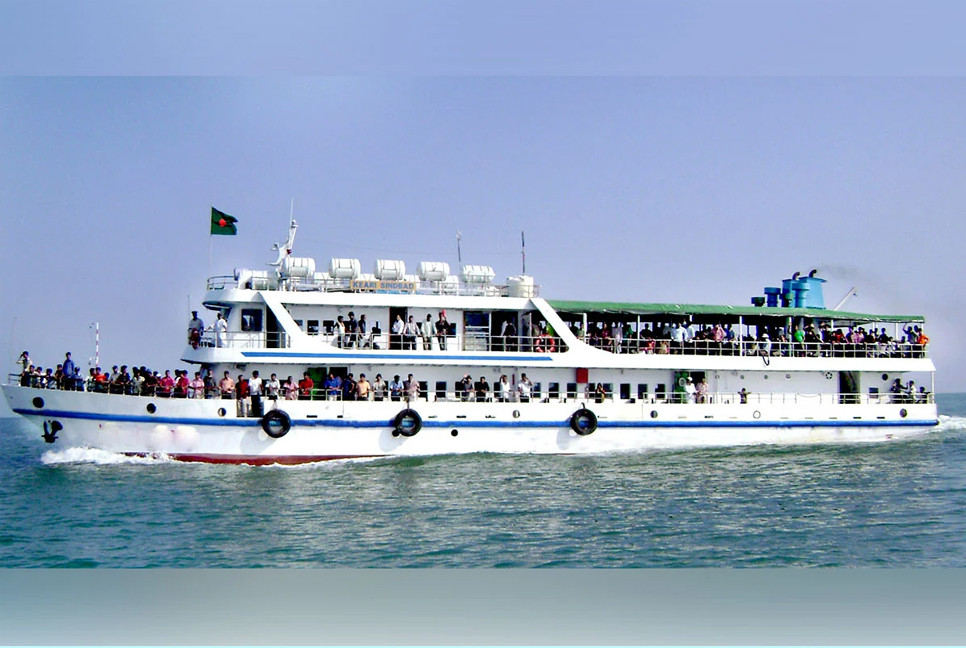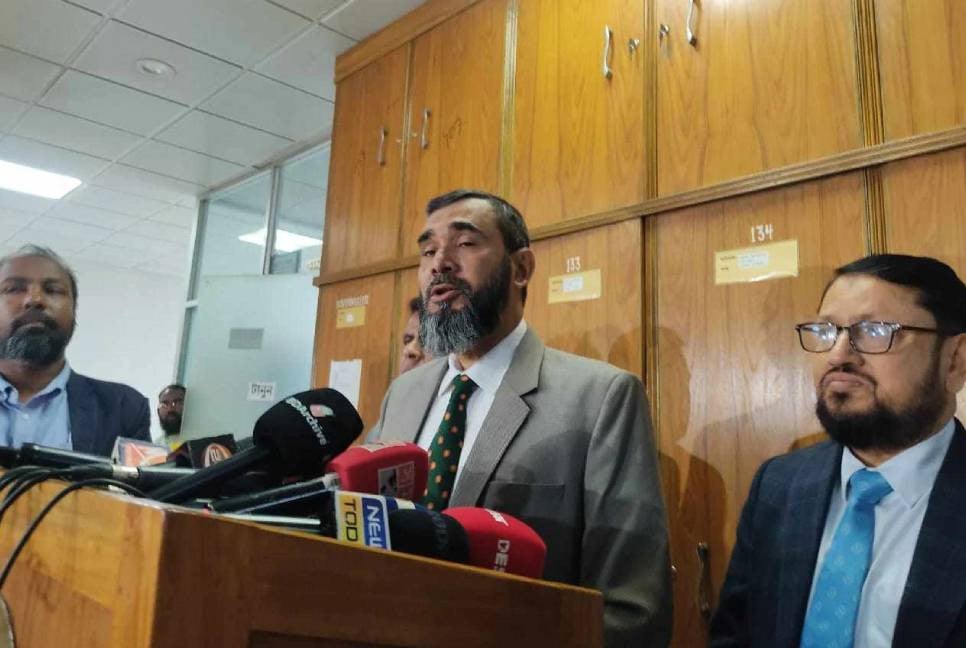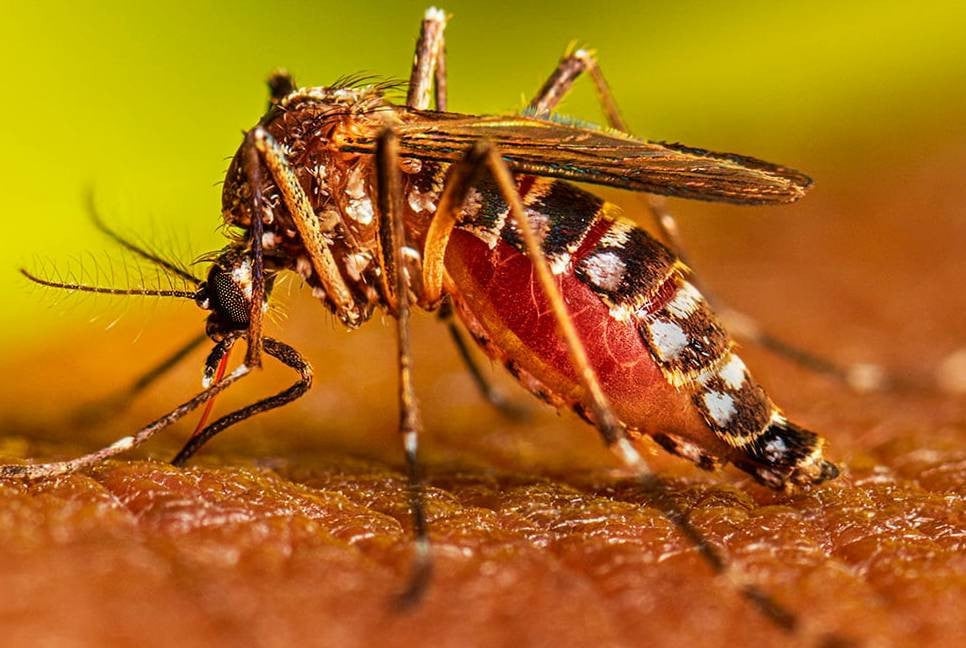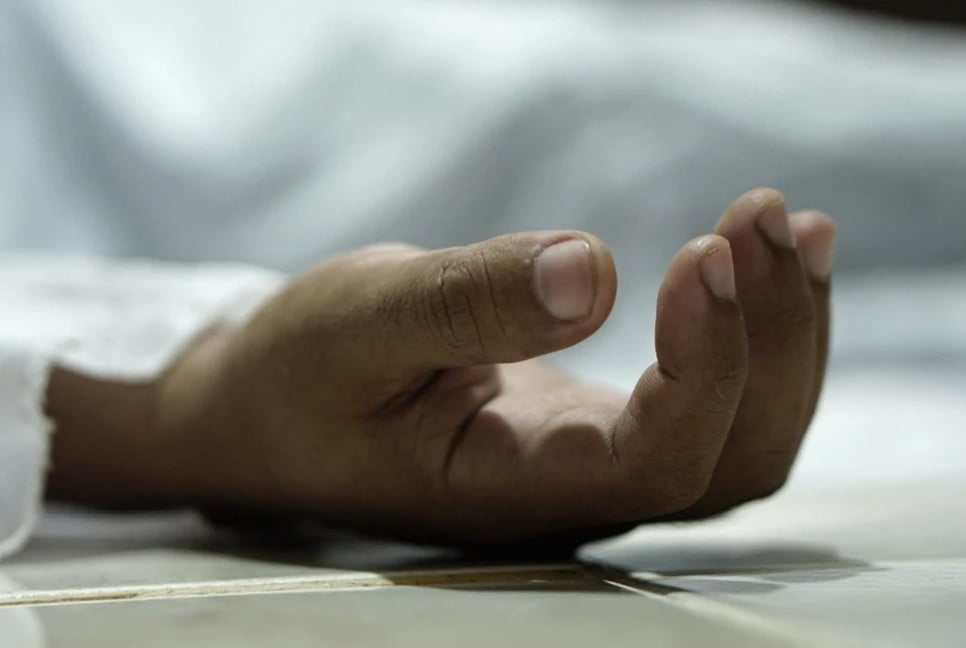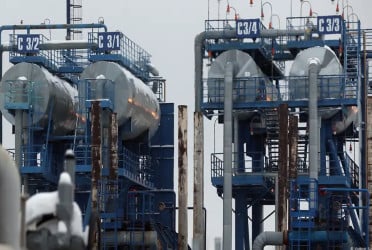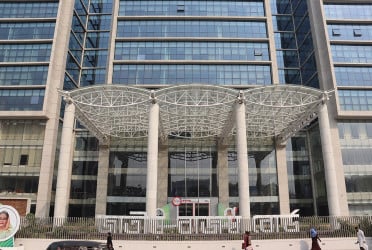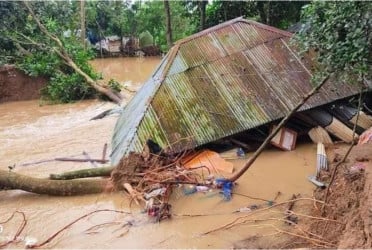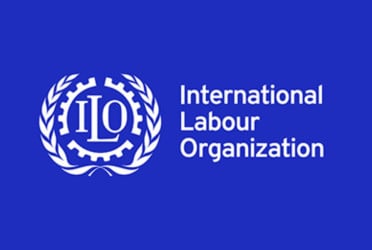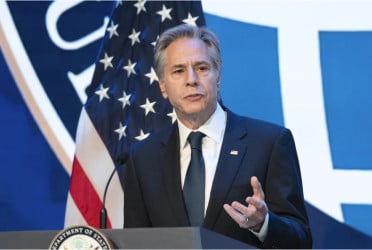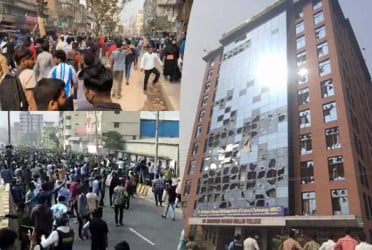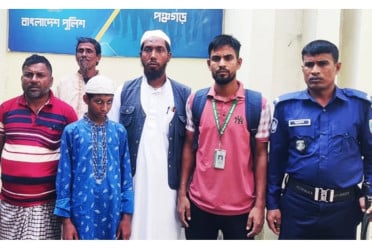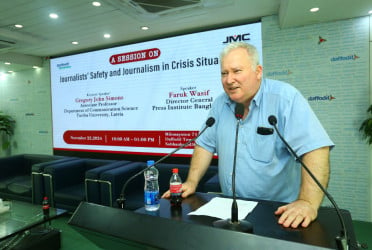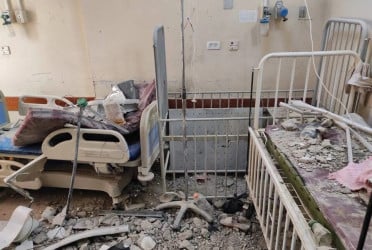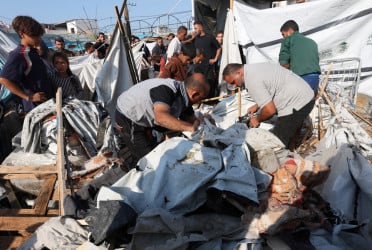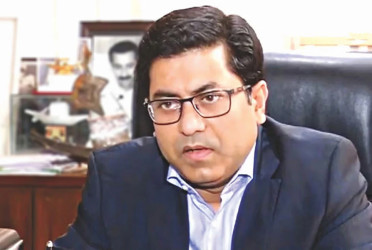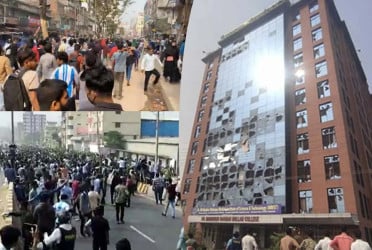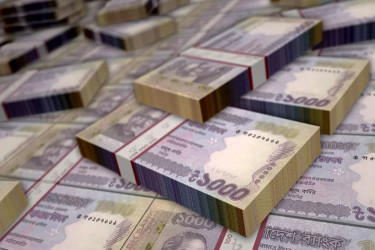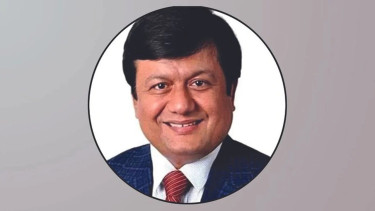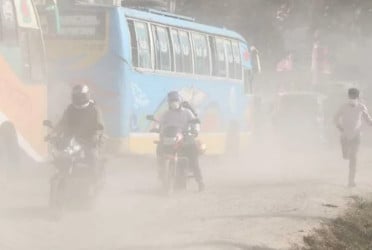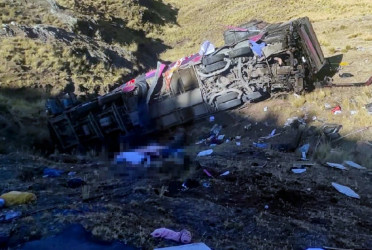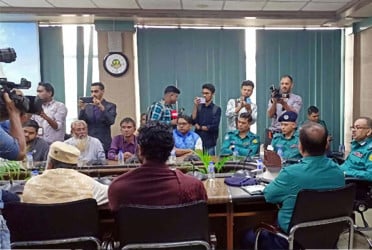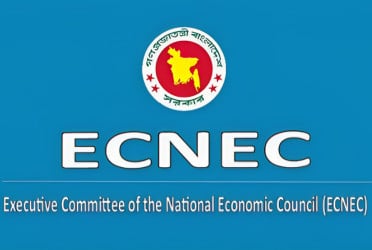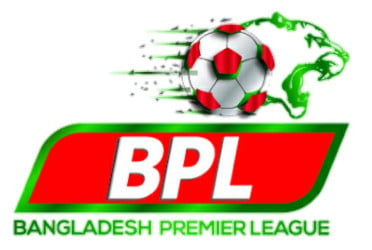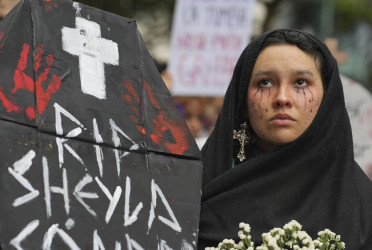A dangerous new chapter in the country’s ongoing battle with drug abuse has emerged, centered around adulterated alcohol supplied by Saber's Traders Limited (STL), a company linked to the controversial businessman Dilip Kumar Agarwala.
Dilip, also the Managing Director of Diamond World, has been under scrutiny after reports surfaced that his company has been distributing tainted alcohol, causing widespread harm and death.
The National Board of Revenue (NBR) has ramped up its surveillance on STL following allegations that the company has evaded an estimated Tk283 crore in duties over the past seven years. STL, which operates out of Gulshan, has been accused of selling alcohol intended for diplomatic use on the black market, leveraging bonded warehouse facilities to avoid taxes.
The severity of the situation has been underscored by recent deaths linked to the consumption of this illicit alcohol. On June 20, police discovered the bodies of two young men, Farhad (21) and Imon (23), in an office in Naya Paltan. Both are believed to have died from consuming toxic alcohol. Earlier, on April 11, three youths in Naogaon’s Manda area died after consuming adulterated liquor, highlighting the growing public health crisis.
Sources have revealed that Dilip Kumar Agarwala, a once-prominent member of the ruling Awami League's Industry and Commerce Committee, is now under investigation for his role in this deadly trade. Despite holding only 25 per cent of STL's shares, Agarwala has reportedly taken full control of the company, sidelining his former partners from the Chattogram-based S. Alam Group.
As the drug crisis deepens, experts warn that Bangladesh is at a tipping point. A recent study by the private organization "Manas" reports that the country now has nearly 15 million drug users, with 10 million suffering from addiction. This equates to approximately 8.75 per cent of the population being affected by drug abuse, with the youth being particularly vulnerable.
The NBR has tightened regulations around the importation and sale of alcohol through bonded warehouses, requiring monthly submissions of sales records and proof of duty-free privileges. However, enforcement remains inconsistent, and the black market continues to thrive, fueled by the actions of companies like STL.
In response to the growing scandal, the NBR has pledged to intensify its oversight of STL and similar operations, aiming to curb the illegal distribution of alcohol and reduce the harmful impact on public health.
The unfolding crisis highlights the urgent need for more robust enforcement and public awareness to address the twin challenges of drug abuse and illegal alcohol distribution in Bangladesh. As investigations continue, all eyes are on the authorities to see how they will tackle this dangerous and deadly issue.
Bd-pratidin English/Tanvir Raihan

